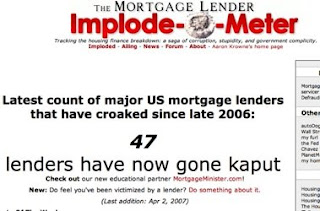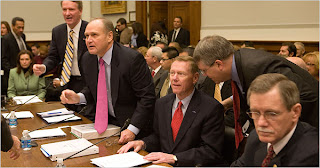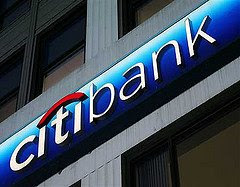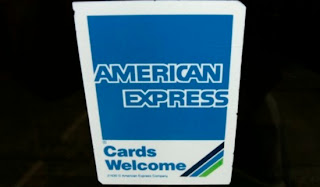
 Lehman Brothers
Lehman Brothers , the fourth largest investment bank in the US, has declared itself bangkruptcy. What exactly happened in USA, the biggest economy leader in the world?
Lehman Brothers is declaring bankruptcy, Bank of America is buying Merrill Lynch. Sounds like the beginning to what everyone has been warning me about.
Yes, Lehman Brothers Bankruptcy is something one does not wish it to happen in US. USA is the leader of the world. Developing countries such as those in Africa are looking upto USA to learn the lessons of free market and smart State intervention.
The employees of Lehman Brothers and its supply chain should really look into Africa for better returns on itheir skills, expertise and nvestment.
For those that are at the edges of loosing their jobs , they are invited to really look into contributing their expertise into Africa.
Here are the facts about Lehman Brothers Bangkruptcy
Lehman Brothers Bangkruptcy article from yahoo.com/newsLehman Brothers declared itself bankrupt Monday and Wall Street rival Merrill Lynch had to be taken over in a new financial earthquake that sent global markets into a slump. ADVERTISEMENT
The US Federal Reserve, European Central Bank and Bank of England injected tens of billions of dollars into money markets after the fall of the banking titans under the weight of the massive financing of bad loans.
Lehman Brothers said it would file for bankruptcy on Monday after a frantic weekend of negotiations failed to arrange a rescue.
In the fallout, Bank of America took over Merrill Lynch in a 50 billion dollar deal, insurance giant AIG was reported to have sought a massive emergency loan to head off its own crisis and a group of banks set up a 70 billion dollars global emergency fund.
Lehman Brothers Bangkruptcy article from rsc.orgLehman Brothers, the fourth largest investment bank in the US, has filed for bankruptcy protection, dealing a blow to the US chemical industry's hopes of an end to the credit crunch.
The US government's 8 September bailout of the two mortgage giants Fannie Mae and Freddie Mac had raised expectations in the US chemical industry of an easing to the lending squeeze, and a revival in its two key customer sectors of housing and automobiles.
However, Lehman's bankruptcy has reinforced anxieties in Europe about weakening economic conditions. European chemicals companies fear that the full impact of the credit crunch has still not been felt, and could be greatly compounded by the reverberations of a steep fall in oil prices, which could reduce demand for bulk chemicals such as polymers.



























